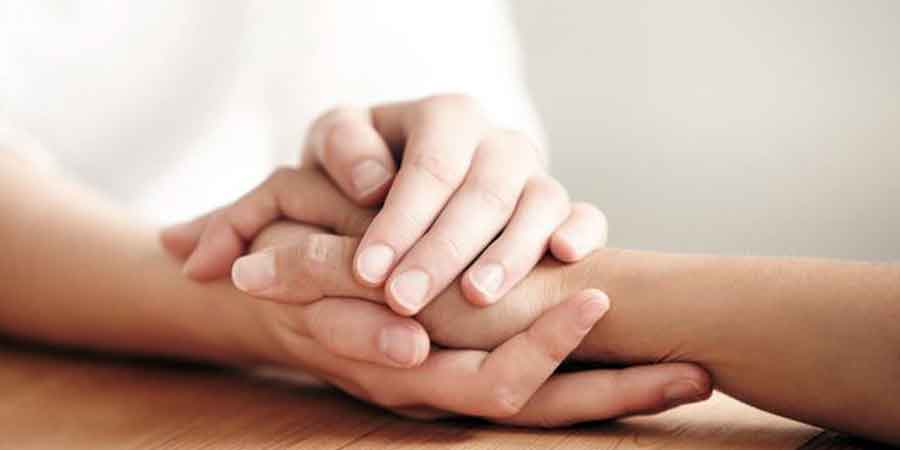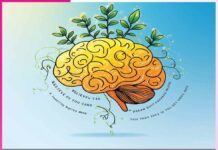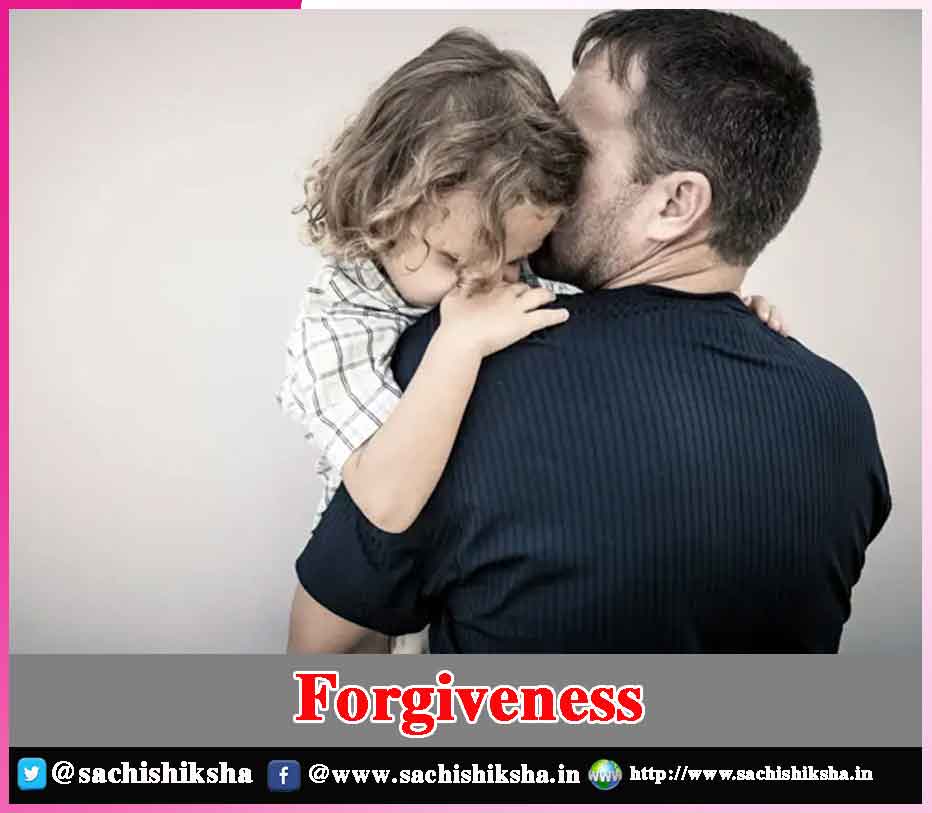FORGIVENESS
“Forgiveness is the fragrance that the violet sheds on the heel that has crushed it.” ~ Mark Twain
Who hasn’t been harmed by someone else`s deeds or words? Perhaps a parent continuously berated you while you were growing up, a coworker ruined a project, or your lover had an affair. Or perhaps you’ve gone through a terrible event, such as being physically or psychologically assaulted by a family member. You may experience lingering sentiments of rage, bitterness, and even vengeance as a result of these traumas.
Also Read:
- Is War the Only Solution For Peace?
- Rehabilitate Yourself Within
- Be Trustworthy
- Virtuous Concepts of Humanity
- Repentance Can Help in Salvation

What is Forgiveness? Different people associate forgiveness with various things. In most cases, however, it entails making the decision to let go of resentment and vengeance. Although the act that injured or offended you may be with you forever, but forgiving the perpetrator may eventually lessen its hold on you and help you break free.
Even feelings of comprehension, empathy, and compassion for the person who injured you might arise after you have forgiven them. Forgiveness does not entail forgetting or dismissing the hurt that was done to you or reconciling with the offender. You can go on with life more easily when you are able to forgive.
Anger, anguish, and confusion can emerge when someone you love and trust hurts you. Grudges fueled by hatred, revenge, and animosity can develop if you obsess over painful occasions or circumstances. You risk being overcome by your own resentment or sense of injustice if you let negative emotions overpower happy ones. Naturally, some people are more forgiving than others. However, practically anybody can learn to be more forgiving, even if they retain grudges.
Better health and mental tranquility might result from letting go of past wrongs and hatred. What may forgiveness lead to? Healthier connections and an elevated mental state. There’s less stress, anxiety, and hostility; blood pressure is reduced; fewer signs of depression; a stronger immune system; better heart health and higher self-esteem.
If you have a hard heart, you might bring resentment and hatred into every new encounter and connection. Get so caught up in the wrong that you are unable to appreciate the present. You may become nervous or depressed. You may feel at odds with your spiritual convictions, as though your existence has no meaning or purpose. We lose meaningful and enriching relationships with others.
A commitment to a unique process of change is forgiveness. Recognize the significance of forgiveness and how it can enhance your life in order to transition from pain to forgiveness. Determine what needs to be healed and who, for what reason, needs to be forgiven. Think about attending a support group or visiting a therapist. Recognize your feelings regarding the hurt you’ve endured and how they impact your conduct, and then take steps to let them go. Make the decision to forgive the offender. Get out of the victim role and relinquish the hold that the offender and the circumstances have had over your life. You’ll stop defining your life by the ways you’ve been wronged as you let go of your grudges.
It might be difficult to forgive someone who has wronged you, especially if they refuse to accept responsibility. If you find yourself in a rut, learn empathy. Make an effort to consider the problem from the perspective of the other party. Consider why they could act in such a manner. If you had encountered the same circumstance, perhaps your response would have been the same. Consider the occasions when you have offended others and the people who have forgiven you. Talk to someone you’ve discovered to be wise and compassionate, such as a spiritual leader, a mental health professional, or an unbiased loved one or a friend. You can also write in a notebook, pray, or practice guided meditation. Recognize that forgiveness is a process and that even little wrongs may necessitate revisiting and forgiving them repeatedly.
Forgiveness can lead to reconciliation if the hurtful event involved someone with whom you otherwise value your relationship. Nevertheless, this isn’t always the case. If the perpetrator has passed away or won’t talk to you, reconciliation can be impossible. Reconciliation might not be necessary in other circumstances. Even though reconciliation is unlikely, forgiveness is still a possibility.
The goal of forgiveness isn’t to influence the other person to alter their actions, behavior, or words. Consider forgiveness in terms of how it can improve your life by providing you with serenity, joy, and physical, mental, and spiritual healing. The power that the other person still exercises over you can be eliminated via forgiveness.
What if you are the one who needs forgiveness? Assessing and admitting the wrongs you’ve done and how they’ve impacted others is the first step. Don’t be too hard on yourself. If you sincerely regret what you said or did, consider apologizing to individuals you have hurt. Without providing any justification, you should express your real grief or regret and ask for pardon. But keep in mind that you can’t make someone forgive you. It is necessary for others to forgive at their own pace. Whatever occurs, make a commitment to treating others with respect, empathy, and compassion.
Even though it’s not always simple, forgiveness can be made simpler with a few exercises and the appropriate attitude. Remember that you must forgive yourself in order to release your emotional connection to what happened. Also, keep in mind that by forgiving this person, you are allowing them (or at least what they did) to remain in the past as you go on. You can also ease yourself into forgiveness by praying or meditating, and practicing loving-kindness.
I am confident that we can continue to promote forgiveness—and continue to scientifically examine the effects—in order to bring health to individuals, relationships, and communities as a whole.












































